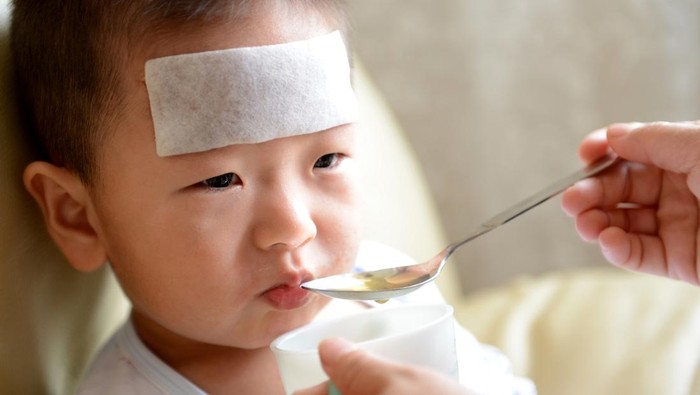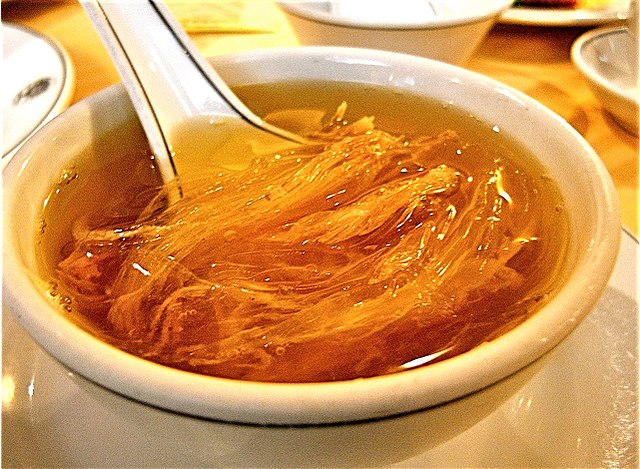

Are you a parent in Indonesia looking for safe and potent medication to treat your child’s heat-related illnesses? Ensuring the well-being of our little ones is paramount, especially when it comes to managing childhood heat conditions. From fevers to sunburns, knowing how to administer medication safely is crucial. Join us as we delve into the world of childhood heat medications, exploring common types, risks to watch out for, natural remedies, administration tips, and best practices for storage and disposal. Let’s prioritize our children’s health together in 2024!
The Importance of Safe Medication for Children
When it comes to treating childhood heat-related illnesses, the safety of medication is non-negotiable. Children are more vulnerable to adverse reactions and side effects, making it crucial to choose remedies wisely. Opting for safe and effective medications can make a world of difference in your child’s recovery process.
Ensuring that the prescribed medication is suitable for your child’s age and condition is key. Always follow dosage instructions meticulously, as children require precise amounts for optimal treatment outcomes. Additionally, be mindful of potential allergies or sensitivities your child may have to certain ingredients.
By prioritizing safe medication practices, you not only aid in your child’s healing but also promote their overall well-being. Remember, a proactive approach to choosing safe medications can contribute significantly to managing childhood heat conditions effectively.
Common Types of Heat Medications for Children
When it comes to treating childhood heat illnesses, there are common types of medications that can help alleviate symptoms and aid in recovery. One of the most commonly used medications is acetaminophen, which can reduce fever and relieve minor aches and pains. Ibuprofen is another popular choice as it also helps with reducing fever and inflammation. Antihistamines like diphenhydramine may be recommended for allergic reactions or itching caused by heat rashes. It’s important to always consult a healthcare professional before giving any medication to children, especially when dealing with heat-related issues.
For more severe cases of dehydration or heat exhaustion, oral rehydration solutions may be prescribed to help replenish lost fluids and electrolytes. These solutions are crucial in restoring hydration levels in children who have been severely affected by excessive heat exposure. Always follow the dosage instructions provided by your child’s healthcare provider or pharmacist when administering any medication for childhood heat illnesses. Safety should always come first when it comes to managing these conditions effectively.
Risks and Side Effects to Watch Out For
When it comes to childhood heat medication, it’s crucial to be aware of the potential risks and side effects that may arise. While these medications can provide relief and aid in recovery, they also come with their own set of considerations. One important aspect to watch out for is allergic reactions. Some children may have allergies to certain ingredients in medications, leading to symptoms like rashes, itching, or difficulty breathing. It’s essential to always read the labels carefully and consult with a healthcare provider if there are any concerns.
Another risk is dosage errors. Administering the incorrect amount of medication can have serious consequences and may lead to adverse effects on a child’s health. Always follow the recommended dosage guidelines provided by healthcare professionals or on the packaging. Furthermore, some medications may interact negatively with other substances or conditions. It’s important to inform your child’s healthcare provider about any existing medical conditions or ongoing treatments before starting a new medication regimen.
Natural Remedies for Childhood Heat Illnesses
When it comes to treating childhood heat illnesses, natural remedies can be a gentle and effective way to help alleviate symptoms and support overall well-being. One popular remedy is staying hydrated with plenty of water and electrolyte-rich drinks like coconut water or homemade rehydration solutions with a pinch of salt and sugar. These liquids can help replenish lost fluids due to sweating in the heat.
Additionally, cooling techniques such as applying damp cloths or towels on the child’s forehead, neck, and armpits can aid in lowering body temperature. A lukewarm bath or shower can also provide relief from heat-related discomfort. Herbal teas made from ingredients like peppermint, chamomile, or ginger may have soothing properties that help calm the body and reduce inflammation caused by excessive heat exposure. Incorporating these natural remedies alongside conventional treatments prescribed by healthcare providers can offer holistic support for children experiencing heat-related illnesses.
Tips for Administering Medication to Children
When it comes to administering medication to children, it’s essential to approach the task with care and attention. Always read the instructions carefully before giving any medicine to your child. Make sure you understand the dosage and any specific directions provided by the healthcare provider or pharmacist. One helpful tip is to use a syringe or dropper for liquid medications rather than a spoon. This ensures accurate dosing and reduces the risk of spillage or errors. If your child is old enough, involve them in the process by explaining why they need the medication and how it will help them feel better.
It’s crucial to keep track of when each dose was given so that you don’t accidentally administer too much medicine. Set reminders on your phone or write down each dose in a notebook if needed. Always store medications out of reach of children and in a secure place away from heat and moisture. Never force a child to take medication if they are refusing. Instead, try offering it with their favorite drink or food, or speak with their pediatrician for alternative options if necessary. By following these tips, you can ensure safe and effective administration of medication for your child’s health needs.
Best Practices for Storing and Disposing of Medication
When it comes to storing medication for your child’s heat treatment, it’s essential to keep them in a cool, dry place out of reach. Ensure that the medications are stored in their original packaging with clear labels intact. Always check the expiration dates and dispose of any expired or damaged medication promptly. To maintain potency and safety, store medications away from direct sunlight and moisture. Avoid keeping them in places like bathrooms or kitchen cabinets where humidity can affect their effectiveness. It’s crucial to keep all medications securely locked up and out of sight of curious little hands.
When disposing of unused or expired medications, follow proper guidelines provided by healthcare professionals or local pharmacies. Never flush them down the toilet unless instructed to do so as this may contaminate water sources. Instead, consider using drug take-back programs or community disposal sites for safe and environmentally friendly disposal options.
Conclusion: Prioritizing Safety in Childhood Heat Treatment
When it comes to treating childhood heat illnesses, the safety of our little ones should always be the top priority. By choosing potent and safe medications specifically designed for children, being aware of potential risks and side effects, incorporating natural remedies when possible, administering medication with care, and following best practices for storage and disposal, we can ensure that our children receive the treatment they need in a safe and effective manner. Remember, a child’s health is precious. Let’s continue to prioritize safety in childhood heat treatment to keep our little ones healthy and happy.






